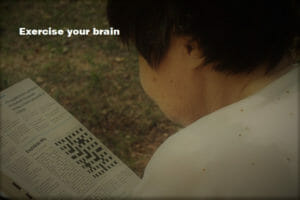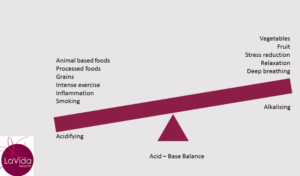Have you been diagnosed with depression or do you know someone who has been diagnosed with depression or takes anti-depressants? Do you know someone who you suspect could be depressed?
Just a few of the signs that depression could be a part of your health picture include:
- a notable loss of interest or pleasure in activities you used to enjoy
- a feeling of sadness
- fatigue or loss of energy
- difficulty sleeping or an increased desire for sleep
- changes in appetite (either increased or decreased)
- restlessness or irritability
- difficulty concentrating or making decisions
- thoughts of death or suicide
If your GP suspects depression, he or she will go through an evaluation of your symptoms. It’s possible that you will be diagnosed with some form of depression or it could be that you are suffering from a medically recognised condition known as Seasonal Affective Disorder or SAD which affects some people particularly in winter.
It’s also possible that your symptoms are not depression but some other health issue so it’s a good idea to have a thorough health check.
So, what are some of the reasons why you might be experiencing symptoms of depression?
There is increasing evidence to suggest that depression is often the result of many triggers (or combination of triggers).
These might include:
- genetics (for example a mutation in the MTHFR gene has been linked to depression and other illnesses)
- excessive persistent stress
- a major stressful life event (either recent or in the past)
- poor diet
- sedentary lifestyle
- problems with your circadian rhythm affecting your sleep patterns
- persistent worries for which you lack a plan to help you through
- other illnesses or pain (especially if ongoing and debilitating)
- chronic inflammation
- problems with blood sugar regulation
- other medication or drugs
- lack of, or imbalance in, the neurotransmitters which are responsible for regulating mood (especially serotonin) as a result of dietary or digestive deficiencies (you need to eat, digest and absorb protein along with certain vitamins and minerals in order to make neurotransmitters)
- hormone imbalances and changes (e.g. thyroid hormones, sex hormones or adrenal hormones)
- low vitamin D levels
- an imbalance in brain chemicals as a result of an imbalance in bacteria in the gut.
So, whilst psychological counselling and support may be an important part of your treatment, when you look through this list you might recognise that there are a number of other triggers or exacerbating factors which could be applicable to you.
Addressing these can make a huge difference in the quality and speed of your recovery.
Over the years, I have successfully worked with many clients to help them attend to the non-psychological aspects of their condition. If you would like to know if I can help you, please call me on 9620 9503 for a chat or to make an appointment.
Alternatively, if you know someone who might be interested in this information, please share it with them. It may be just what they need. And in a later blog I will talk about some of the things you can do to help your depression.





